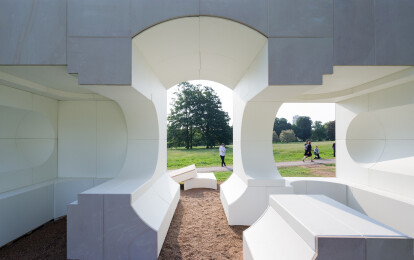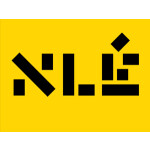NLÉ means ‘at home’ in Yoruba, the language of Africa’s first truly urbanized population. From the 11th century onwards, the Yoruba lived in a network of West African cities characterized by sophisticated commercial and governing structures.
But within NLÉ’s philosophy, the ‘home’ is much more than walls, floors and ceilings. For us it refers to the fundamental building blocks of the city, to everyday life and the uses of public space in the emerging and endlessly complex urbanisms of developing regions.
Due to rapid urbanization and the forces of globalization, the people in such cites have redefined our understanding of cities through their innovative and economical appropriation of spaces, materials and infrastructure. The environment - streets, bridges, sidewalks, raw materials and junk - are acquired, cultivated and reconstituted to achieve maximum necessities through minimum means. This creates unique organizations and advanced social structures in which people live, work, trade and play in ways that are now rarely seen in the western worlds, which are ironically now the ‘less developing worlds’.
read in









